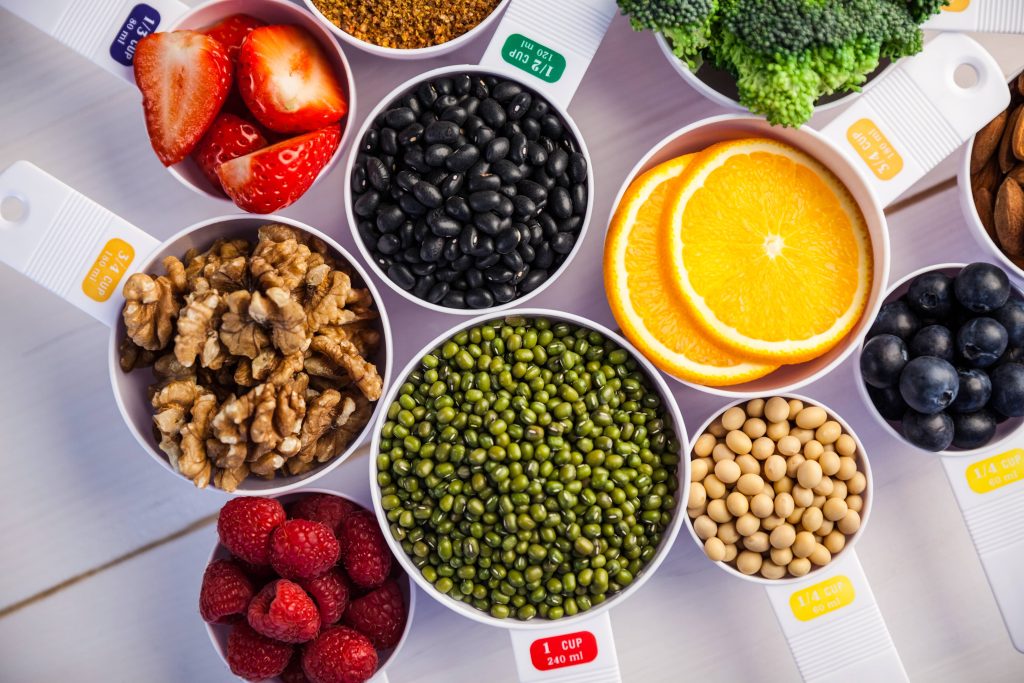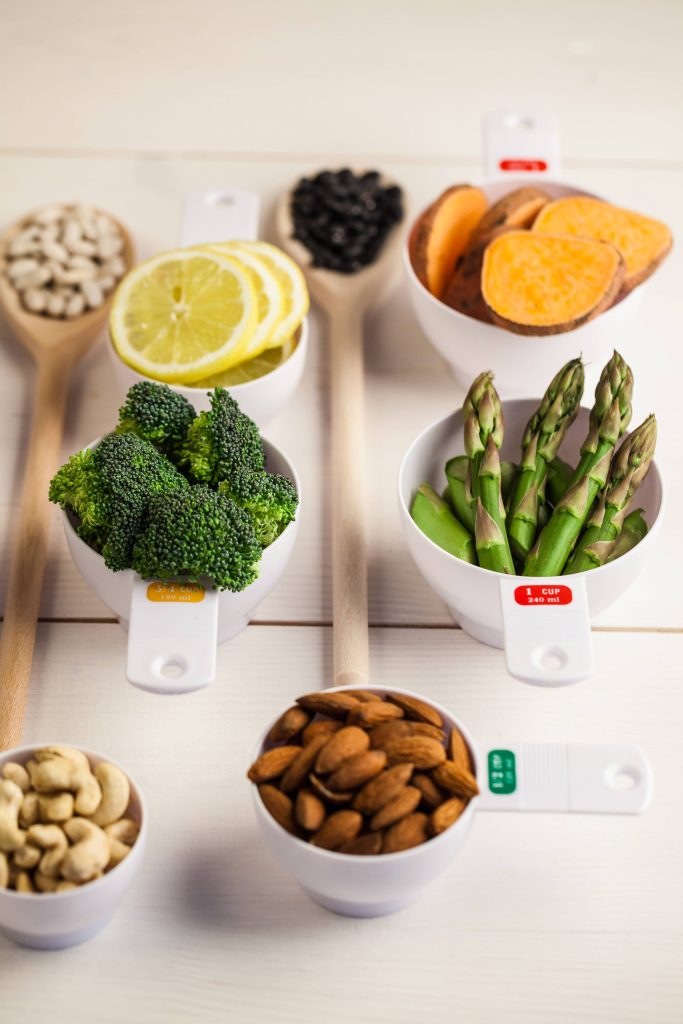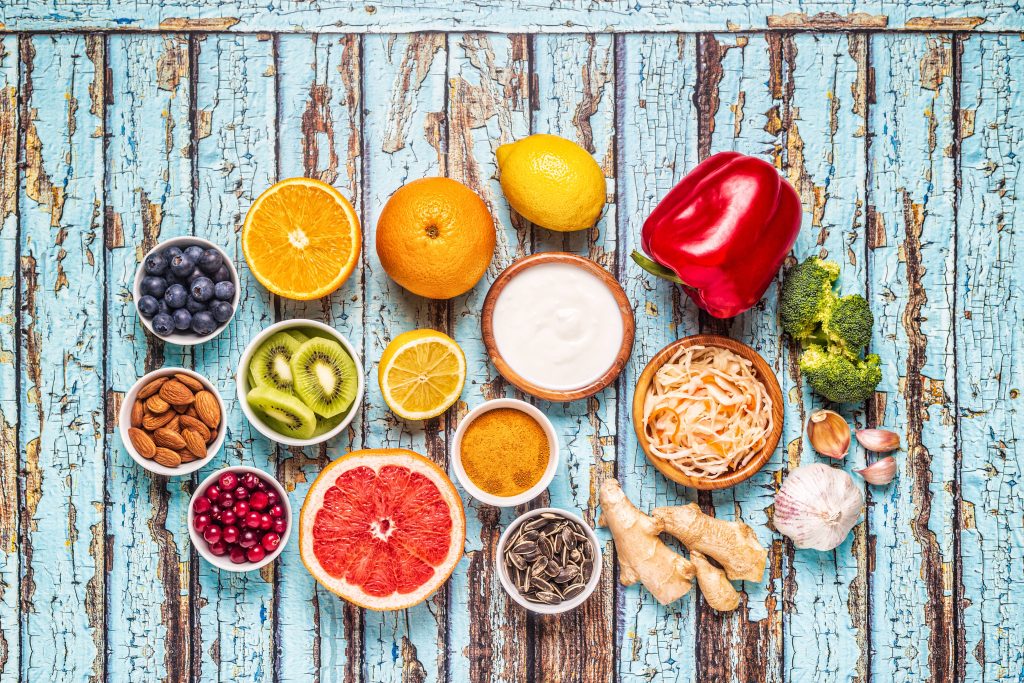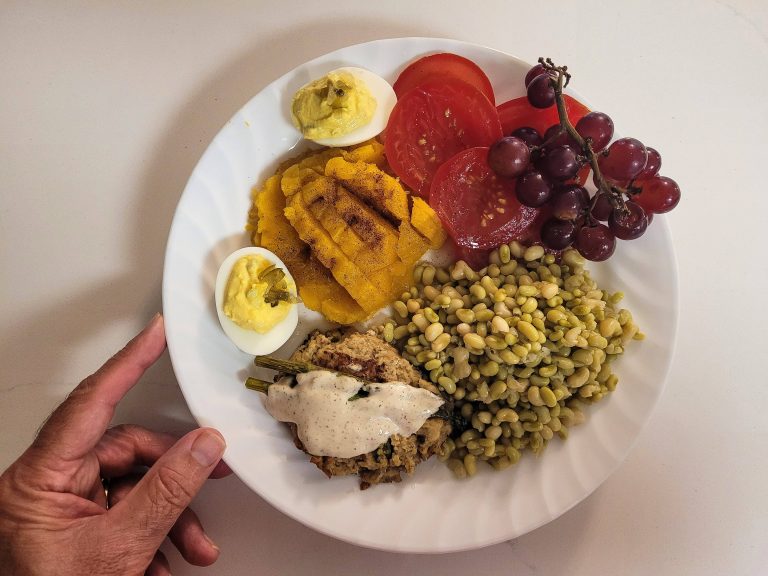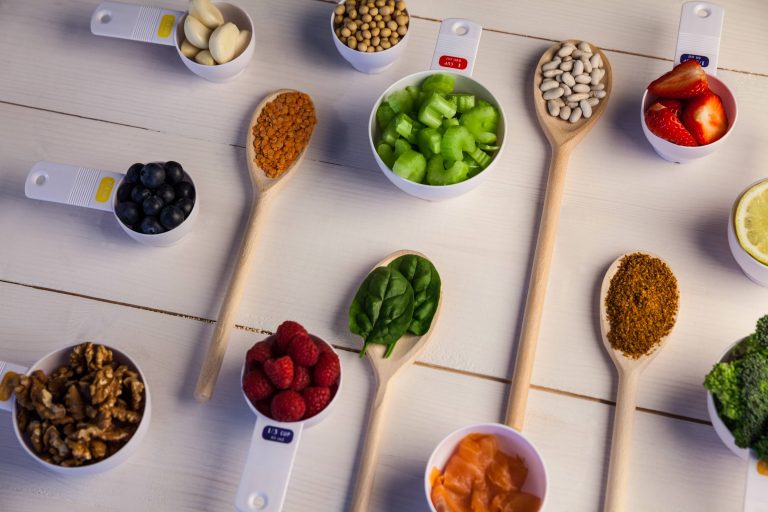
In today’s fast-paced world, maintaining a healthy lifestyle can often feel like a daunting task. With the plethora of diet plans and nutritional advice available, it can be challenging to discern what truly works for long-term health and sustainability. However, crafting a diet plan that promotes lasting health doesn’t have to be complicated. By focusing on balanced nutrition, mindful eating, and sustainable practices, you can create a diet that not only supports your well-being but also respects the environment.
Understanding the Basics of Nutrition
Before diving into the specifics of a diet plan, it’s essential to understand the basics of nutrition. A balanced diet provides the body with the necessary nutrients it needs to function correctly. These nutrients include carbohydrates, proteins, fats, vitamins, and minerals. Each plays a crucial role in maintaining health:
– Carbohydrates are the body’s primary energy source. Opt for complex carbohydrates like whole grains, fruits, and vegetables, which provide sustained energy and are rich in fiber.
– Proteins are vital for building and repairing tissues. Include a variety of protein sources such as lean meats, fish, beans, and legumes.
– Fats are essential for brain health and hormone production. Focus on healthy fats found in avocados, nuts, seeds, and olive oil.
– Vitamins and minerals are necessary for various bodily functions. A diverse diet rich in fruits and vegetables ensures you get a wide range of these nutrients.
Setting Realistic Goals
When crafting a diet plan, it’s crucial to set realistic and achievable goals. Start by assessing your current eating habits and identifying areas for improvement. Consider consulting with a healthcare professional or a registered dietitian to help set personalized goals based on your health needs and lifestyle.
Building a Balanced Meal Plan
A balanced meal plan is the cornerstone of a healthy diet. Here are some tips to help you create one:
1. Incorporate a Variety of Foods: Eating a wide range of foods ensures you get all the necessary nutrients. Aim to include different colors and types of fruits and vegetables in your meals.
2. Portion Control: Be mindful of portion sizes to avoid overeating. Use smaller plates and bowls to help control portions, and listen to your body’s hunger cues.
3. Regular Meal Times: Establish regular meal times to help regulate your body’s internal clock and improve digestion. Avoid skipping meals, as this can lead to overeating later in the day.
4. Hydration: Staying hydrated is crucial for overall health. Aim to drink at least eight glasses of water a day, and limit sugary drinks and alcohol.
Mindful Eating Practices
Mindful eating involves paying attention to the experience of eating and enjoying your food without distractions. This practice can help you develop a healthier relationship with food and prevent overeating. Here are some tips for practicing mindful eating:
– Eat Slowly: Take your time to chew and savor each bite. This allows your body to register fullness and satisfaction.
– Eliminate Distractions: Avoid eating in front of the TV or computer. Focus on your meal and the flavors, textures, and aromas of your food.
– Listen to Your Body: Pay attention to hunger and fullness cues. Eat when you’re hungry and stop when you’re satisfied, not when you’re stuffed.
Sustainable Eating Habits
Sustainability is an essential aspect of a healthy diet. By making environmentally conscious food choices, you can contribute to the health of the planet while improving your own well-being. Here are some sustainable eating habits to consider:
– Choose Local and Seasonal Foods: Eating locally grown and seasonal produce reduces the carbon footprint associated with transporting food long distances.
– Reduce Food Waste: Plan meals ahead of time and use leftovers creatively to minimize waste. Composting is another great way to reduce food waste.
– Opt for Plant-Based Meals: Incorporating more plant-based meals into your diet can reduce the environmental impact of meat production. Try to include at least one meatless day per week.
Monitoring Progress and Adjusting
Once you’ve established a diet plan, it’s important to monitor your progress and make adjustments as needed. Keep a food journal to track what you eat and how it makes you feel. This can help identify patterns and areas for improvement. Remember, a diet plan is not set in stone; it’s a flexible guide that can be adjusted to meet your changing needs and goals.
Conclusion
Crafting a diet plan for lasting health and sustainability is about finding a balance that works for you. By focusing on balanced nutrition, mindful eating, and sustainable practices, you can create a diet that supports your health and the health of the planet. Remember, the journey to a healthier lifestyle is a marathon, not a sprint. Be patient with yourself and celebrate small victories along the way. With dedication and perseverance, you can achieve lasting health and well-being.


